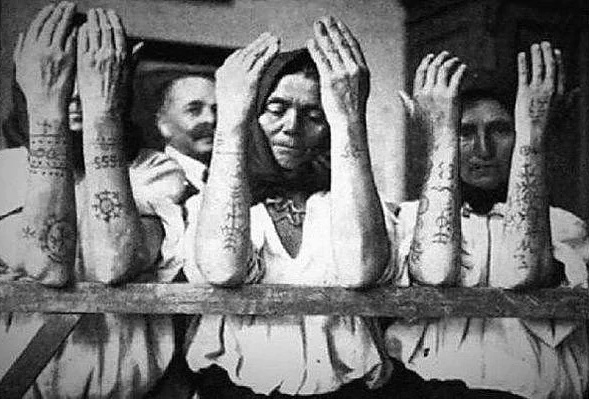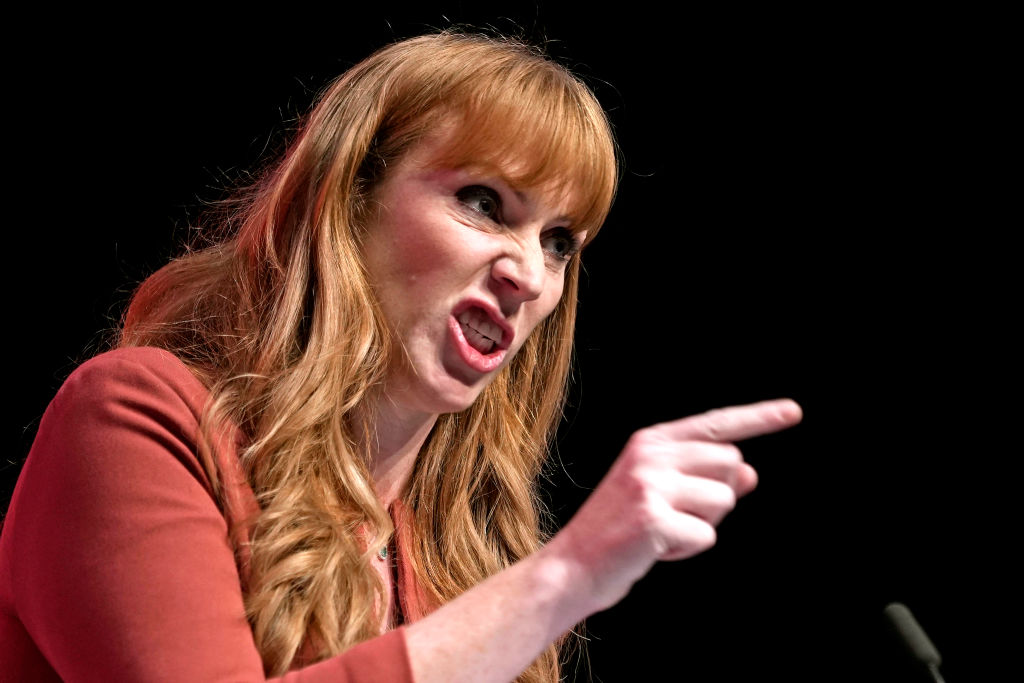To comment please open your gmail account or use my email address, FB Messenger or X (Twitter). Protestant rants not published on this page. Thank you,
It beggars belief that 'Extraordinary Ministers of Holy Communion' (EMHCs) are still at it, doling out the Most Precious Body and Blood of Christ with unconsecrated hands, in the Novus Ordo Church of Antipope Francis. Literally, it beggars belief. In more ways than one. Because this noxious practice has helped beggar the belief - the faith - of millions of Catholics worldwide who've left the Church since Vatican II.
But it has also caused conversion in numberless Catholics who, enlightened by the Holy Spirit, realise the sacrilege committed in treating their Lord and Saviour with such contumely and have fled the NO to the faith of their fathers, in the Traditional Latin Mass.
In the early '50s the former Communist Bella Dodd said: “In the 1930s we put 1100 men into the priesthood to destroy the Church from within.” 12 years before Vatican II, she said, “Right now they are in the highest places in the Church.” The Catholic Church was feared by communists; the focus their attack was the Holy Eucharist. The putative memoir of communist agent AA 1025 stated that "The Host will be laid in the hand in order that all notion of the Sacred be erased."
Slowing reception of the Eucharist by offering Communion under two kinds, in the hand and in queues, seems a cunning ploy to necessitate EMHCs. By the millennial, efficient practice of Communion at altar rails, kneeling and on the tongue, they'd be made redundant.
It's New Year's Eve. What better moment for a resolution to resign as Extraordinary Minister of Holy Communion. Forthwith.
 |
From the inimitable Ann Barnhardt:
If any of you readers out there are “Extraordinary Ministers of Holy Communion” in the Novus Ordo, you really, really need to stop. Immediately.
In my first year after being received into the Church (Novus Ordo), I did prison ministry at the Arapahoe County Jail. It was all laypeople. Not even the “permanent” deacons went. And, to my abject horror in retrospect, we were enjoined to perform “Catholic Communion Services” using a script authored by the not-very-conservative “conservative” Archbishop Charles Chaput.
The “team leader” for the day would pass out, completely casually in the locker room of the jail, The Blessed Sacrament to each team going to one of the six cellblocks. “How many do you want? Six? Okay. Here.” I think back on that and cringe. More than once I was handed a pyx filled with Hosts, which I then PUT IN MY POCKET and carried down to the cellblock.
The only thing I can say in my own defense is that as I was walking down to the cellblock, I would “talk” to Our Lord, generally remarking to Him that He was the Creator and Sustainer of the Universe, Infinite Love and Power Himself, and… He was in my pocket.
At least I acknowledged Him, and the situation, which is more than could be said for most. But it was still so totally, horrifically wrong.
 |
| horrifically WRONG |
Since I could speak a little Spanish, I was almost always sent to the Spanish-speaking cellblock, and most of the men who came to the “Communion Service” were either maximum security or super-max, that is, wearing either orange or red jumpsuits. Was I ever scared? No way.
I was safe as a kitten. I had 15 or more exceptionally capable bodyguards at all times. The men were mostly Mexican, with some Central Americans. And I learned two very important lessons about Eucharistic piety from those men.
First, many of them did not receive Holy Communion. Why? Because they had, in their words, “two wives”. That is, they were divorced and civilly “re-married”, or divorced and shacking up with another woman. They KNEW this meant that they could not receive – but they still came.
The other thing I learned from the Latino felons in the jail was pre-conciliar Eucharistic piety. When they walked into the room, and saw the pyx containing the Blessed Sacrament on the table, they would immediately fall to their knees and reverence Our Lord. They believed in the Real Presence of Jesus Christ in the Eucharist. Far, far more than the upper-middle class American Novus Ordoists.
The Fruit of the First Sorrowful Mystery, Our Lord’s Agony in the Garden, is SORROW FOR SIN. Oftentimes poorly formed priests tell people that once they have confessed a sin, they should never think about it again. This is wrong.
 |
As one progresses and tries to advance in sanctity, one of the graces that follows is realizing not only what sins one has committed in the past, but realizing WHY those sins were sins, and just how awful they were. So, not only did I confess my participation in these “Catholic Communion Services” and the intrinsic sacrilege of them and of my physical handling of the Blessed Sacrament, but I also always mention these sins when I make a General Confession. Thank God!
Thank God that now I not only know, but that the horror of it gets continually stronger. Let this process of realizing the kind and gravity of my sins never cease!
Which brings us to the whole question of physically touching the Blessed Sacrament. It is all in John 20. Our Lord tells Mary Magdalene that SHE MAY NOT TOUCH HIM (verse 17), but just a few verses later specifically tells St. Thomas to stick his finger in Our Lord’s side (verse 27). What is the difference?
St. Thomas, having been present at The Last Supper which was not only about the institution of the Mass and the Eucharist, but also about the INSTITUTION OF THE PRIESTHOOD (Do this in memory of Me), was already an ordained priest. The Sacramentally Ordained may touch the Blessed Sacrament (Deacons, Priests, Bishops). Anyone else, male or female, may NOT. Period. https://www.barnhardt.biz/2022/04/14/only-priests-may-touch-the-lord/
And also, for people on holiday who are not reading-impaired, a slightly longer piece: https://onepeterfive.com/lay-eucharistic-ministers-a-communist-connection/
 |
| Christ Appearing to Magdalen ("Noli Me Tangere") by Rembrandt |
"Do not touch Me!"
- Jn 20,17


















